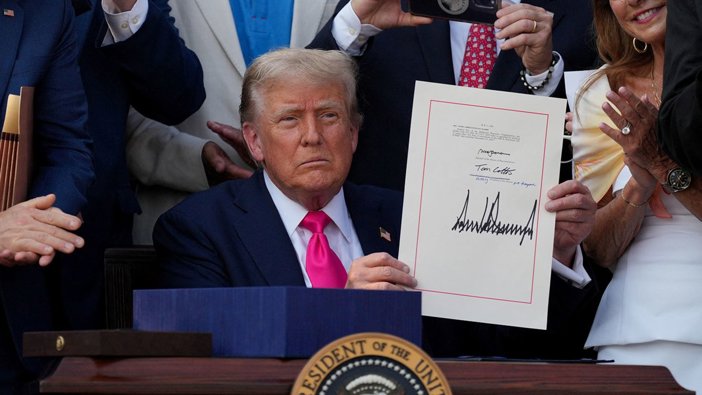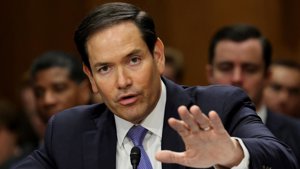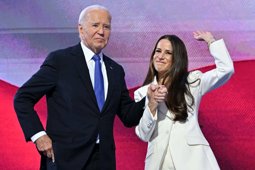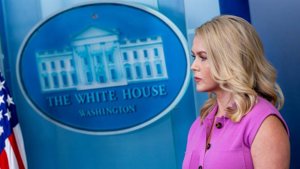
Democrats Push Back on Trump’s Domestic Policy Bill
New Hampshire Democrats rally against Trump’s sweeping domestic bill, warning of rising costs and cuts to safety nets.
Democratic Frustration Boils Over in Swing State
The passage of President Donald Trump’s sweeping domestic policy package, labeled the “Big, Beautiful Bill,” has become an immediate flashpoint in New Hampshire and beyond, galvanizing a wave of Democratic opposition. In Manchester, the state’s all-Democratic congressional delegation joined forces this week to decry what they describe as a betrayal of working families and the most vulnerable Americans.
“The big beautiful betrayal of the American people,” said Sen. Jeanne Shaheen, criticizing the measure’s far-reaching implications. The legislation, passed narrowly by Republican majorities in both the House and Senate, extends Trump’s signature tax cuts, eliminates taxes on tips and overtime pay, and injects billions into border security while codifying strict immigration policies. Yet, its $3.4 trillion scope is projected to raise the national debt by $4 trillion over ten years, according to Democratic lawmakers.
Medicaid, Social Programs and Cost of Living in Focus
Sen. Maggie Hassan denounced the bill as “immoral, irrational, and impractical,” while Rep. Maggie Goodlander warned that it would “jack up the cost of living for tens of thousands of people across this state.” Changes to Medicaid—America’s nearly 60-year-old healthcare safety net for 71 million low-income residents—have particularly alarmed Democrats, as the bill imposes new work requirements and enacts historic cuts to health and food programs to offset tax breaks.
At a press event in Manchester’s Waypoint community center, which serves thousands of Medicaid recipients, lawmakers described a wave of constituent calls voicing bipartisan opposition. “The outreach to our office has come from people from all political perspectives,” Hassan noted, as frustration mounts within the Democratic base over the party’s limited power in a Republican-controlled Washington.
Some progressives have gone so far as to urge the state’s congressional delegation to use every available legislative tool—amendments, filibusters, or public protest—to slow the bill’s implementation. “There is no hope for these people unless we see candidates emerge in primaries that represent universal free healthcare and the other slate of issues that people associate with Sen. Bernie Sanders' presidential campaigns,” one activist told reporters.
Republican Agenda Shifts to Spending, Investigations
With the bill now law, Republicans are mapping out the next steps of their agenda. A major focus is a Senate “rescissions” package to claw back billions in previously approved spending, particularly in foreign aid and public broadcasting. At the same time, Congress faces the challenge of avoiding another government shutdown, with House Speaker Mike Johnson promising to handle spending bills individually but facing significant hurdles in uniting the party.
Meanwhile, Republican leaders are also launching fresh investigations into the cognitive state of former President Joe Biden and other Democratic officials, hoping to score political points ahead of the midterms. Senate Budget Committee Chairman Lindsey Graham and others plan additional budget reconciliation efforts, eyeing further cuts and fiscal reforms that align with the priorities outlined in the “Big, Beautiful Bill.”
As campaign season heats up, both parties are preparing to make the new law a defining issue of the 2026 midterms. Democrats, eager to win back the House majority, promise to keep the bill’s impact on the ballot. “The bottom line is this bill is definitely going to be on the ballot in 2026, and it’s going to be a central focus of the work I’m doing,” said Goodlander, framing the debate as a fight over the future affordability and security for American families.






